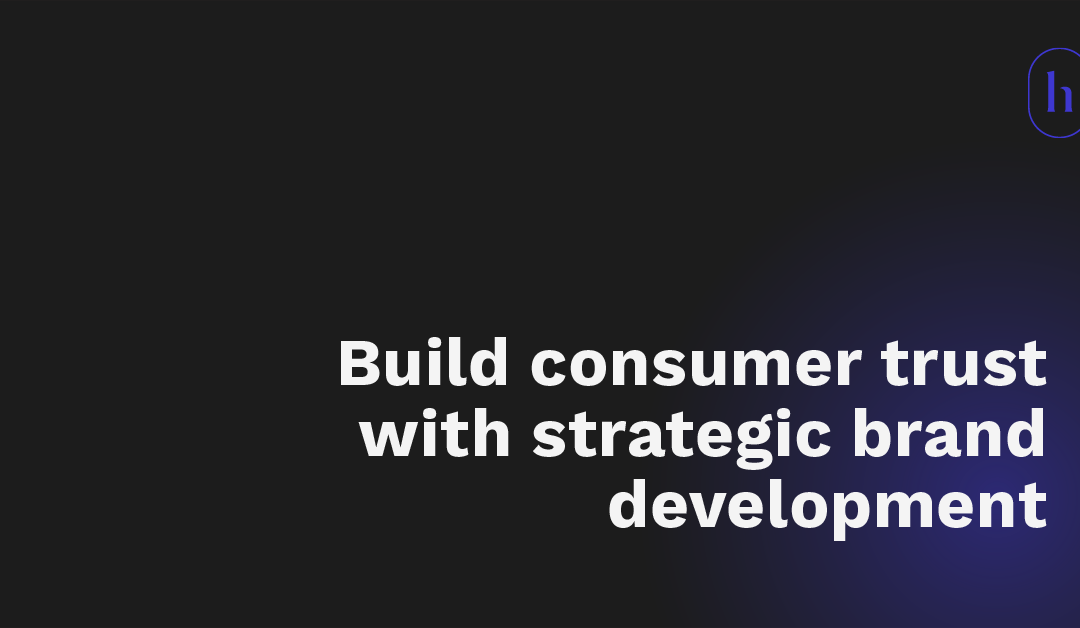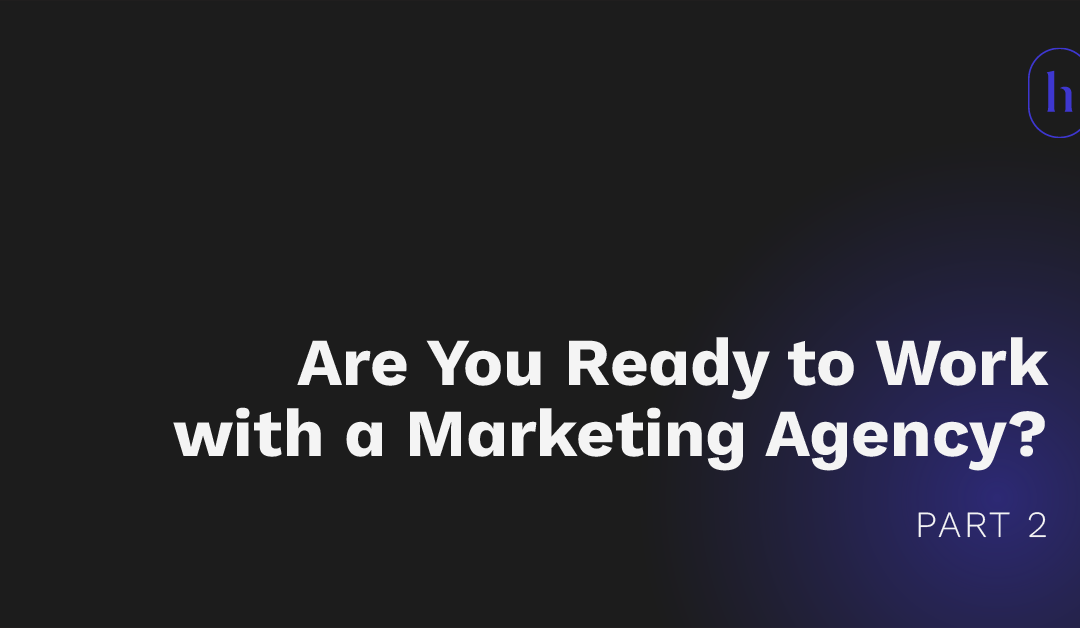If you speak branding and marketing, you’ll know that a logo is not the only thing that comprises identity. Many visuals collectively do. So that we’re on the same page, let’s go over it briefly. Identify all the things that craft a visual in a customer’s mind. That could be logos, color palettes, styling, and key phrases. All these things can be used in combination on many different marketing channels such as a website, social media, and one-pagers.
Why does identity matter? Without it (and its repeated use) a customer can’t identify the company easily. Identity certainly has its place! And, without a doubt, it takes continued work. It has to be clear, credible, consistent, and competitive without fail…and without overpromising what the customer will get or trust will waver. No matter the buying decision trends of the day, trust is an important ingredient you don’t want to take for granted. Further, brand identity doesn’t comprise all that needs to be part of brand development.
Customers care less about a brand logo and more about quality
According to the 2022 CMO Survey, 36% of survey participants indicated that product quality and service were top-ranking concerns of their customers. This was a shift from the years that we were under pandemic stresses when people were deciding more on trust. As the world has reopened, customers do want the best product quality and service. How does your brand reflect that? Certainly not in a brand logo alone.
We have seen organizations with a modernized brand logo and consistent external messaging that got their stakeholders excited. From the outside, it seemed like the brand was ready to take off; the team couldn’t imagine anyone not wanting to work with them. What was not easily seen was the business being done behind doors that violated the brand promise. Spoiler alert, the brand is what people say when you aren’t in the room. People were not saying good things and ultimately a sense of distrust among stakeholders formed. This could have been prevented if the brand were operationalized; if the brand promise and values were part of every team member’s actions.
Fortunately, there are also examples of when operationalizing a brand was prioritized over identity. In this case, our client was in a position where they could change little about appearance but wanted to change everything about transparency and connecting with their audience. Through public relations campaigns, informative content consistently communicated, and not hiding when times were tough, the organization became known for their quality. They were also successful in reaching their goal, which was to increase community engagement and education in measurable ways.
According to the 2022 CMO Survey, 36% of survey participants indicated that product quality and service were top-ranking concerns of their customers. This was a shift from the years that we were under pandemic stresses when people were deciding more on trust. As the world has reopened, customers do want the best product quality and service. How does your brand reflect that? Certainly not in a brand logo alone.
We have seen organizations with a modernized brand logo and consistent external messaging that got their stakeholders excited. From the outside, it seemed like the brand was ready to take off; the team couldn’t imagine anyone not wanting to work with them. What was not easily seen was the business being done behind doors that violated the brand promise. Spoiler alert, the brand is what people say when you aren’t in the room. People were not saying good things and ultimately a sense of distrust among stakeholders formed. This could have been prevented if the brand were operationalized; if the brand promise and values were part of every team member’s actions.
Fortunately, there are also examples of when operationalizing a brand was prioritized over identity. In this case, our client was in a position where they could change little about appearance but wanted to change everything about transparency and connecting with their audience. Through public relations campaigns, informative content consistently communicated, and not hiding when times were tough, the organization became known for their quality. They were also successful in reaching their goal, which was to increase community engagement and education in measurable ways.
Operationalize your brand development and take charge of your iceberg
Not long ago we were able to help a client with making sure the tip of their iceberg matched everything they had below the surface. They had value, quality, and service in place and just needed the visuals to convey that to their customers.
The important clarification here is that the client had the most important elements in place. We believe any company moving forward with visual work and marketing without a strong base would risk financial implications not only in wasted marketing spend but also over the long term. The identity must be aligned with the strategy direction. And the positioning, reputation, and business performance must be telling a supporting story in real-time. That’s true and dynamic brand development.
Consider what goes into your iceberg today. Think about your strategic direction, positioning, reputation, performance, and more. If you turn your iceberg upside down and create a funnel, does it align with how you identify yourself externally? If yes, is there something you are ready to modernize? If not, what gaps need to be promptly addressed through thoughtful brand development?
When the highly visual materials get published, it gets people pumped up. Keeping the brand operationalized less so because it’s behind the scenes, and so it can end up getting less and less attention. We get it, and we can be your sounding board on what gaps in brand development you might be experiencing. We can even aid in additional analysis, facilitation, a partner in your strategy, and even implementation to make your brand iceberg the coolest possible. Contact us today by phone or email, and we’ll do our best to chill on the puns.





